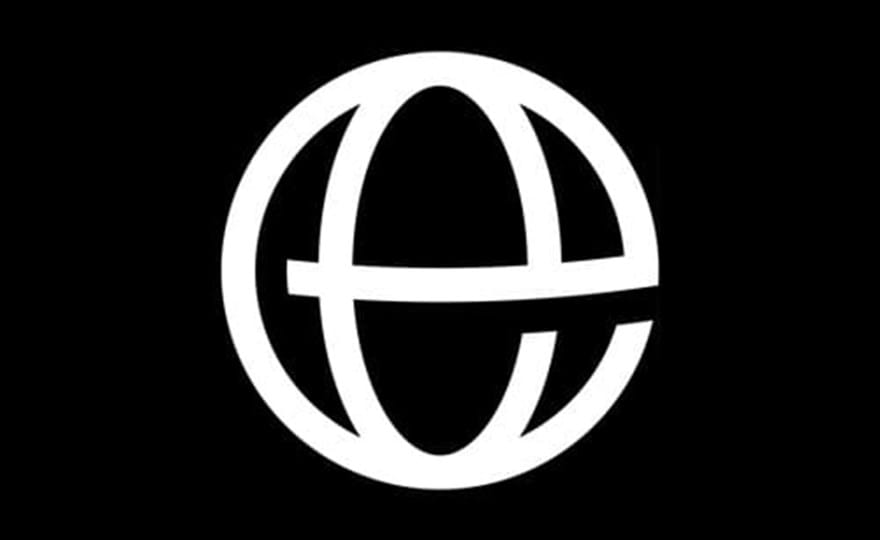Law is the foundation of the integrity and effectiveness of the European Union, so fines for breaking it are set high enough to stop other states being tempted to try their luck. Penalties can stretch into the million of euros. Szymon Bondaruk, working in ClientEarth’s Warsaw office for the Biodiversity team, explains how it works in practice.
When do countries have to pay fines for breaking EU law?
When a Member State breaches EU law, the European Commission refers the case to the Court of Justice of the EU. The first judgment of the Court serves as the final call for the country to comply with EU law.
If a government still won’t comply with the law – what then?
The Commission may once again take the case to the Court, this time to impose fines.
The court cannot freely decide how high or low the penalty should be. Fines are calculated based on the GDP of the Member State, in question; how many votes it has in the Council of the EU; and its solvency.
The Court also considers the seriousness of the infringement and how long it has lasted. The penalty serves not only as a punishment, but also as a warning for other countries.
How much would Belgium and the UK pay if they broke EU law?
There are two types of penalties: lump sums and daily fines. The Commission sets minimum lump sums annually for each Member State. For instance, Belgium would pay (at least) €2.7m for not complying with the first judgment.
These lump sums are the minimum amount that a country can be fined. Denmark and Greece are much smaller in size and GDP, so could be fined a little over €1.5m. Germany, France or UK however, would have to pay at least €10m.
Seems a lot? True, but it’s not all. On top of that, the Court can impose daily fines that the state has to pay until it complies with the second judgment.
Do countries lose EU funding if they break the law?
In the days of the European Coal and Steel Community – the predecessor of the European Union – it was clearly established that ignoring a judgment of the Court of Justice can stop the flow of aid money to a Member State. Such strict provision is not in the current EU treaties, but it does not mean it cannot happen.
Greece was the first to find out how real that threat is.
In 2001, the Greek Government was punished with a €5 million fine for polluting the Kouroupitos River by illegally dumping toxic waste. At first, Greece wasn’t eager to pay the penalty. However, as soon as the Commission threatened to withdraw EU regional aid, the Greek Government changed its attitude immediately – paid the penalty and closed the dump.
Is waiting until the very last moment a good strategy?
France knows, from painful experience, that testing EU institutions’ patience is a highly risky venture.
In 2004, the Court ruled that France had failed to transpose EU law into national law correctly. But this was not enough to motivate the French government to change it.
In 2007, the Commission asked the Court to fine the French Government. That did the trick. In 2008, France changed its legal system. Nevertheless, the Commission and the Court decided that the French Government still had to pay €10m for the delay.
This precedent shows that procrastination is a rather costly and ineffective strategy.
Is the European Commission efficient in enforcing judgments of the European Court of Justice? Better for Member States not to test it at the expense of their taxpayers.


